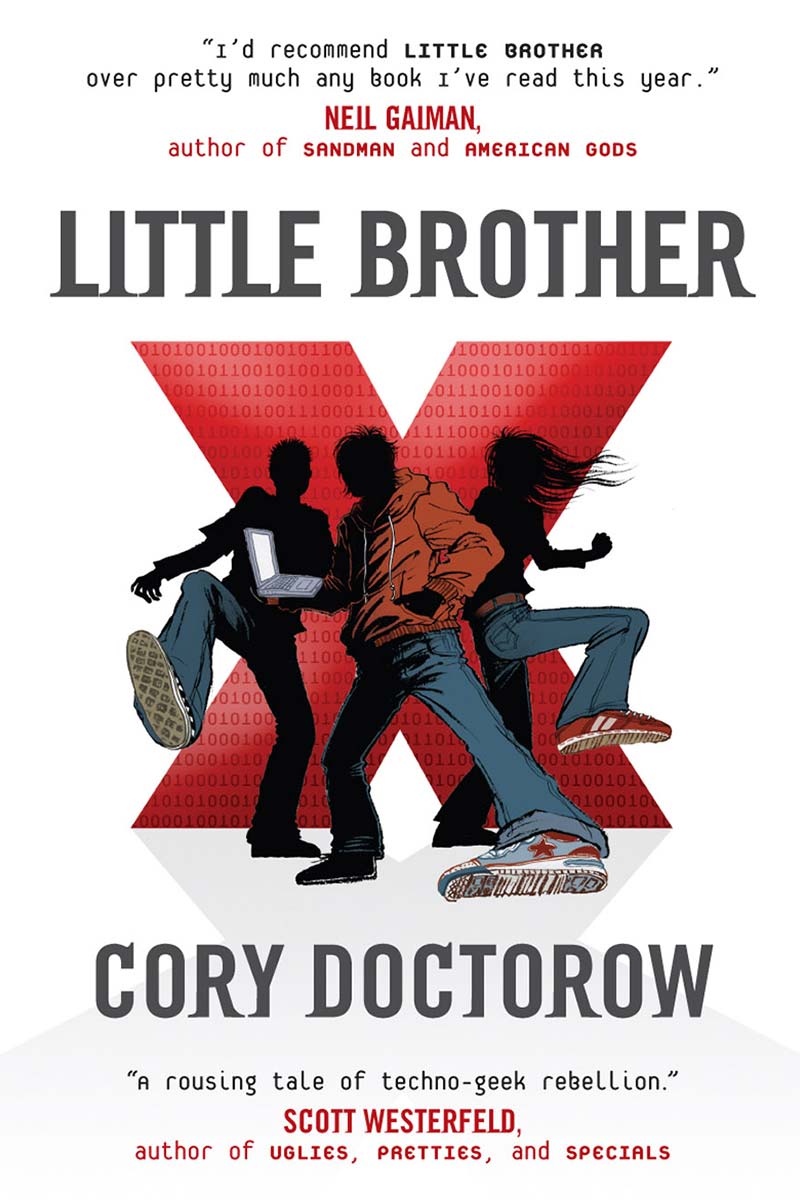Last week, I conducted a long phone interview with The Onion’s Tasha Robinson, who’s reviewed a lot of my work for The Onion in years gone by. We had a great conversation and to my delight, Tasha’s put up the whole transcript of the chat, which covered a lot of ground.
I think that young kids have rarely been people who have disposable income and spend it well. As a writer, I had the good fortune to work in a bookstore that sold new and used books, so I got a real cradle-to-grave view on what happens to creative work, and how audiences mature. So you’d see people coming in who are very young, who had a little pocket money, and would just buy used books. And sometimes they would say, “If someone brings in this new book as a used book, please give me a call. I’d like to be the first person in line to buy it.” And we would actually have someone on staff whose job it was to take the used books that came in, and look them up in the computer to see if anyone was waiting for them, and if they were, to call them up and tell them there was a copy for $2 waiting. As those people cultivated the habit of reading, and more money became available to them, they would spend more freely in the store. Really, what changed wasn’t their willingness to pay, it was their ability to pay, and maybe in our own minds, we conflate those two. In general, when you reach a certain point in your life cycle as a buyer, the cost of a book is not something you generally notice.
It’s kind of like the buyer who walks into a store and is thinking about buying a candy bar, and one of them is priced at $.99 and the other is priced at $1.10. For a little kid, that might make a difference. For adults on their way out of the store with $75 worth of groceries, it makes no difference at all. They’ll pick the candy bar they want, not the one that’s $.11 cheaper. So there’s a certain price sensitivity that evaporates when you get older. And then when you get older still, when you become someone on a fixed income, it reappears. And you see that whole lifecycle of people when you work in a used bookstore, and I kind of feel like what I want to be sure of is not that every time someone reads my book, I get paid for it. I’m more interested in making sure that every time someone decides to make what I call a macro payment, to spend a bunch of money on an entertainment decision, that I’m really close to the top of their wish list of what they want to spend it on. And I think you see this with things like the Nine Inch Nails release, or the Radiohead release, where really, what they were trying to do is say to the people who are cash-poor and time-rich, “Just take this and go around and promote the hell out of it. Go and act as breezes to loft my seeds to every corner of the globe.” Because if you do that widely enough, if you cast those seeds widely enough, some of them will germinate in really fertile soil, some of them will land in the pocket of a guy who’s got a ton of disposable income, who’s sort of 18-34, single, working his first job, his first major professional job at a college, with lots of money jingling in his pocket, who might think, “Holy crap! $300 limited-edition Nine Inch Nails box set, yeah, I’ll take one of those!”
I’m way more interested in, instead of trying to turn the 15-year-old upside down and shake an extra couple of quarters out of his pockets, in how I can use his natural loquaciousness, his natural enthusiasm, to help get the message out about really high-ticket items, like a $20 hardcover, into the ears of people who routinely buy $20 hardcovers without even blinking.




























